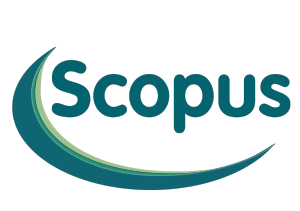
Scopus is a large abstract and citation database of peer-reviewed literature in science, technology, medicine, social sciences and Arts & Humanities. It is made available to Touro faculty, staff and students through a Touro Library subscription. Scopus recently released a new interface which has streamlined the steps for the most common uses of the database. The Scopus 10thanniversary release went live on February 1.
According to the full release notes from Elsevier the main improvements are:
-
The Scopus interface is more action driven. Items or icons will only appear active when the user performs an action.
-
It is easier to scan results on the Results page and to sort and export the chosen results.
- Author and Affiliation profiles are optimized for easier scanning.
Some of the unique features that make Scopus useful to researchers is its ability to analyze and track research. As described in its’ Facts and Figures brochure , Scopus is often used to:
-
Identify and match an organization with its research output using Affiliation Identifier
- Identify collaborators or subject experts with Author Identifier
-
Track citations over time for a set of authors or documents, with citation Overview/Tracker and set citation alerts
- View h-index for specific authors
- Analyze an author’s publishing output with Author Evaluator
- Gain insight into journal performance with Journal Analyzer and alternative journal metrics SNIP and SJR
To try Scopus, click here or visit the Touro College Libraries homepage, click on the “Databases” tab, Click “Go” for an alphabetical listing of all databases, and choose “Scopus”. Tip – try using a different internet browser if the Scopus interface doesn’t look right.
You will need a username and password for off-campus access to databases including Scopus. To create a username and password or to retrieve a forgotten username and password click here
References
Scopus Release Notes Feb 2014. (2014, February). Retrieved February 21, 2014, from http://www.elsevier.com/__data/assets/pdf_file/0003/173244/scopus_release_notes_jan2014.pdf